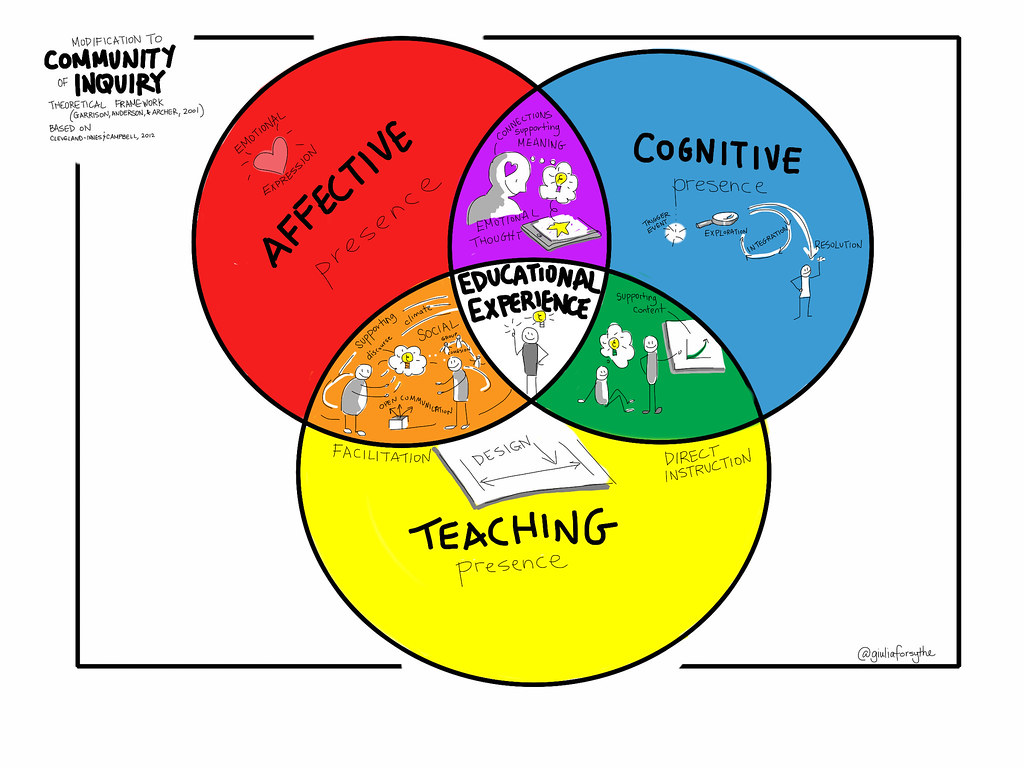As the first week of Spring classes come to an end, I am already feeling the reality of being in six courses. Although I am having a hard time keeping up with when each of my six million assignments is due, I am proud to say I have been putting my health first. Last year, like most first-year students, I put my schoolwork before my physical and mental health and really felt the negative effects of it. Every day I make it my goal to get outside for a breath of fresh air, even if it is just to stretch my legs. I found that this has really been improving my overall mood and motivation to do schoolwork.
To reflect on this EDCI 336 class, I have so far really enjoyed it. I have never been in a class that allows for so much freedom, which is really appreciated during these odd times. I am really excited about my free inquiry topic and the learning process of that. As far as the class readings/viewings go, I think the Freedom of Information and Protection of Privacy Act (FIPPA) reading was a really important piece to read. I have a personal experience with a senior science teacher showing images of me and my work in her TED Talk without my permission. So, I understand how integral it is that we as future teachers read it. Although FIPPA is mainly focused on protecting personal online privacy, I think it still draws parallels with protecting my future students. I really enjoyed the film Most Likely To Succeed. In grade nine, I remember our humanities teacher showed us a website called Will Robots Take My Job? I typed my future job in (teacher) and felt pretty safe after seeing that it was “highly unlikely” that robots would be able to become teachers. Since discovering that site, I have remained interested in this epidemic that we’re facing. So, I was super intrigued by this film and how it broke down technology and education. It did an amazing job of showing the problem that not only the American school system is facing, but also the Canadian. I also made a connection to this film in its relation to my inquiry topic on inquiry-based learning. This film outlined the benefits of personalized learning. For me, the connection reiterated the fact that inquiry teaching is likely the most realistic future of our education system.


